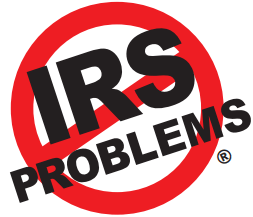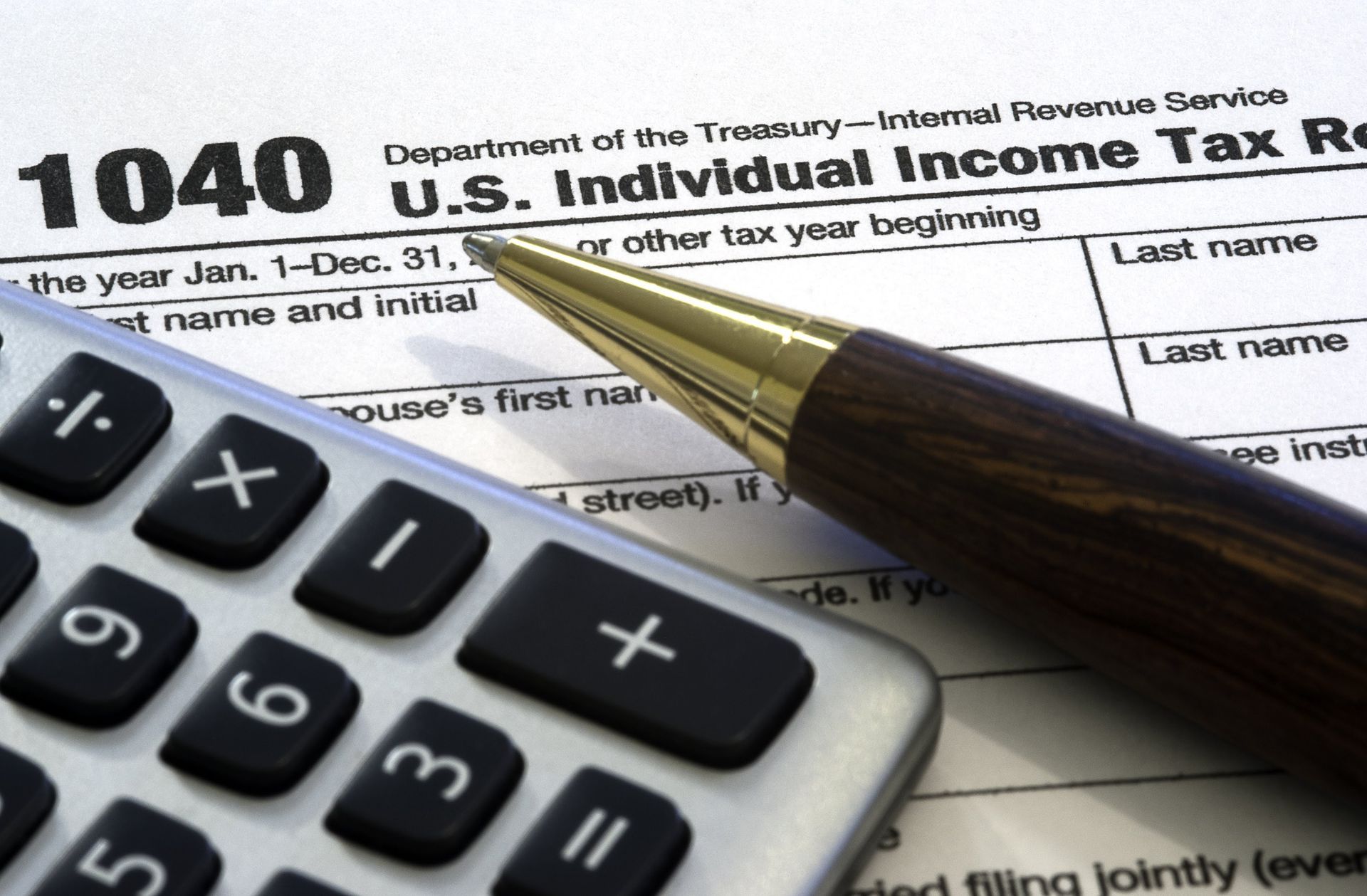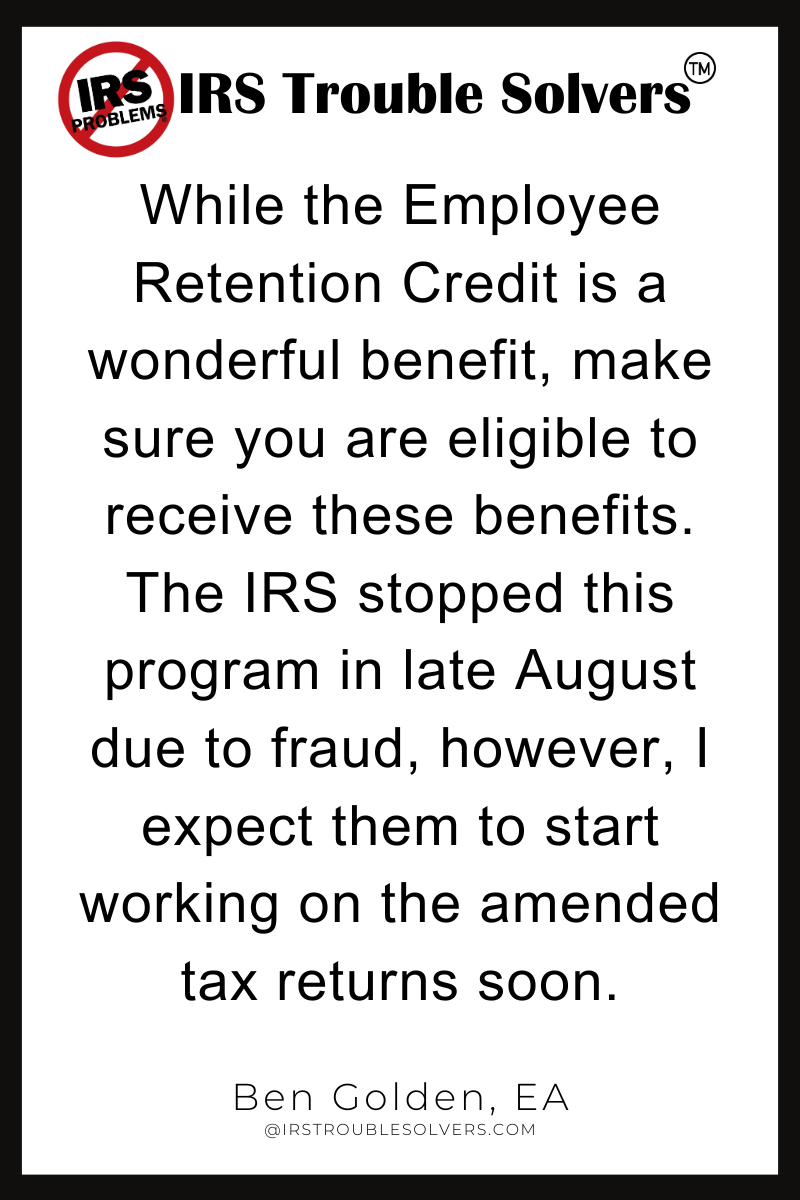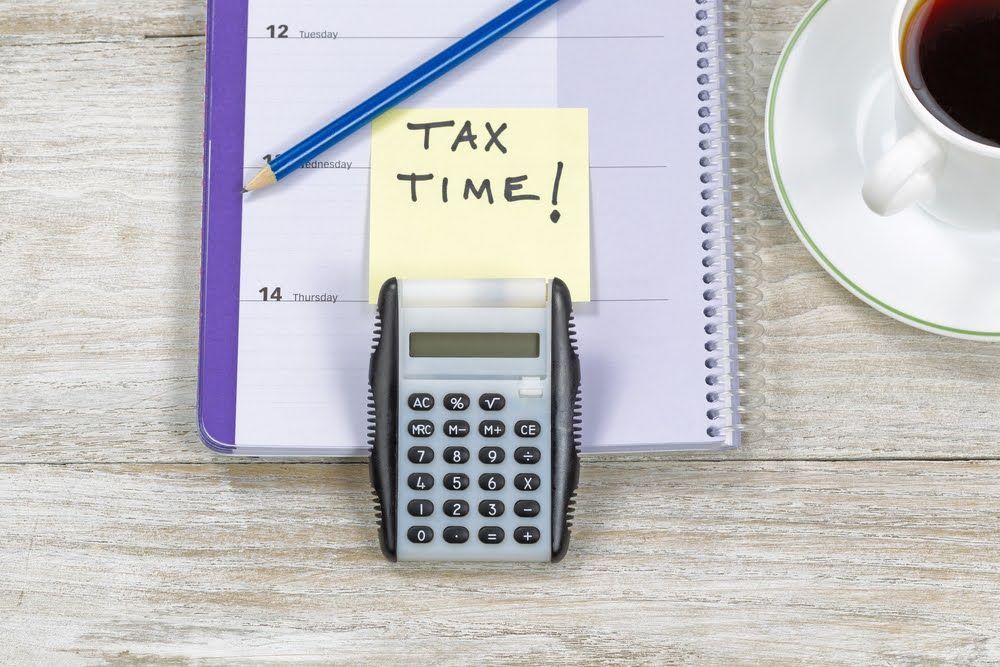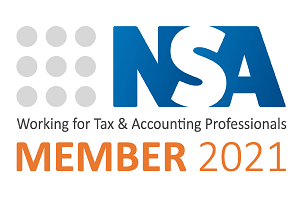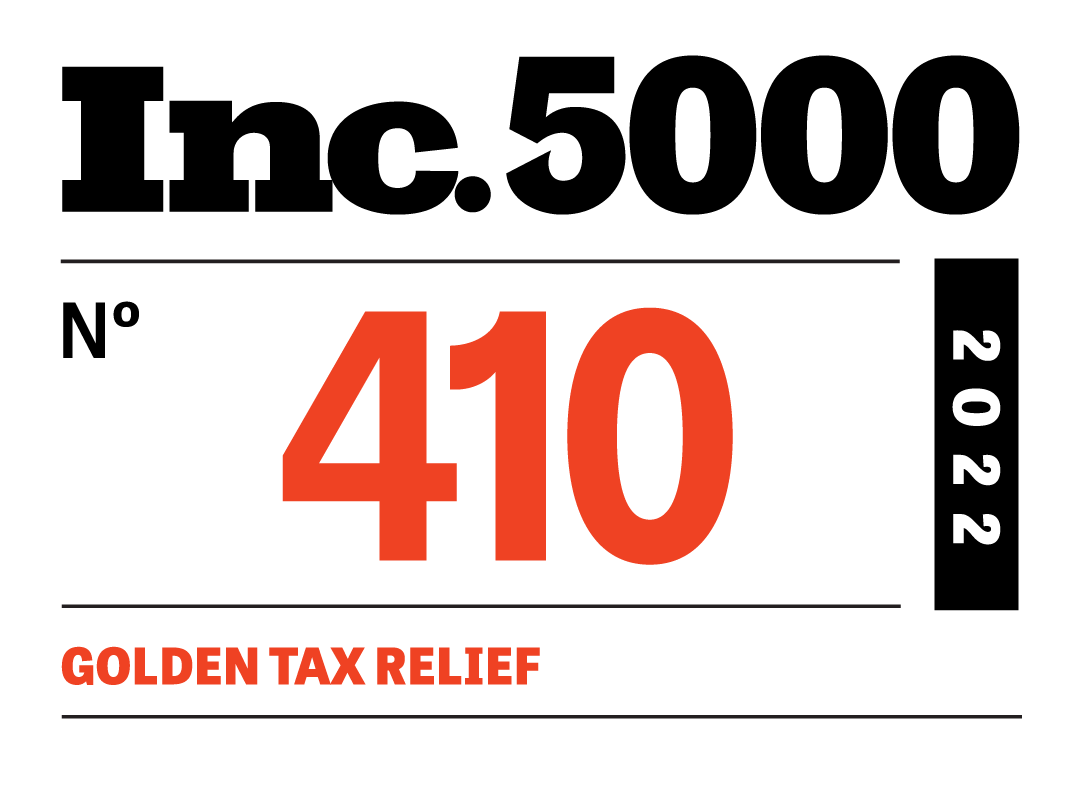
3 Ways to Deal With Small Business Tax Debt

Tax debt is an issue that many businesses may have to deal with at some point. Owing taxes can be stressful due to the harsh methods the IRS might use to collect overdue taxes. Additionally, tax debts may force you to close down your business and lose your hard-earned investment. Fortunately, you can find a way to deal with the situation.
This article highlights three ways to deal with small business tax debt.
1. Respond to the Tax Issue on Time
When you fail to pay your taxes, the IRS will reach out and remind you about your taxes. At first, the IRS will usually send you digital tax bills. You may also receive phone calls from the IRS for several months before they send you one of their representatives. Therefore, you may easily ignore the IRS's attempts to reach you.
However, don’t ignore communication from the IRS. Remember, the more you ignore your tax issue, the more expensive it will become. Therefore, you will have to pay extra money since the law allows the IRS to compound interest daily. Moreover, the law allows the IRS to undertake aggressive collective strategies such as business foreclosure and asset forfeiture without warning.
2. Negotiate a Resolution With the IRS
If you efficiently communicate with IRS and comply with them, the IRS often allows you to negotiate a favorable resolution. Typically, resolutions can be one of the following.
Uncollectible Status
In some instances, businesses face serious financial challenges, and they may not be able to pay the tax debt. If you find yourself in such a situation, you can request an uncollectible status.
Here, the IRS will stop its attempts to collect money from you for a predetermined period. However, the body will continue monitoring your accounts to see if any improvements happen. The most important thing you need to note is that your tax debt continues to accrue penalties and interests even if your accounts are labeled uncollectible.
Payment Plan
Another thing you can do with the IRS is to ask for a payment plan. When negotiating a payment plan, you can ask the IRS to give you time to look for money and settle the amount in full. If you cannot settle the entire amount in full, consider asking for a long-term payment plan.
In most cases, the IRS requires businesses to pay monthly installments until they settle the whole amount. The only disadvantage with a monthly installment plan is that the debt continues accruing penalties and interests. However, you can ask the IRS to give you a discount on the penalties and interests.
Offer in Compromise
Occasionally, the IRS allows businesses to negotiate an offer in compromise. This agreement allows businesses to partially settle the tax debt, especially if the business faces serious financial challenges.
However, negotiating an offer in compromise is a long and complicated process. First, you need to fill out forms and indicate your offer. The IRS will then go through the forms and decide whether your offer is favorable or not. Moreover, the IRS has to prove that you are not in a position to pay the debt and that giving you an offer in compromise is their best option.
Negotiating a resolution with the IRS lets you have peace of mind and effectively carry out your business activities.
3. File Bankruptcy
Declaring bankruptcy is one of the most emotional decisions that a business person may have to make. However, this can be one of the best options if you have a huge tax debt.
When declaring bankruptcy, you need to be careful since it is a lengthy and complicated process. To avoid making mistakes, consider hiring an experienced tax attorney to help you in the process.
Although declaring bankruptcy does not erase all tax debts, it can eliminate some debts helping you save some money.
Dealing with IRS tax debt on your own can be difficult. Therefore, consider hiring a tax attorney to help you in the process. If you want an attorney to represent you, contact IRS Trouble Solvers.

